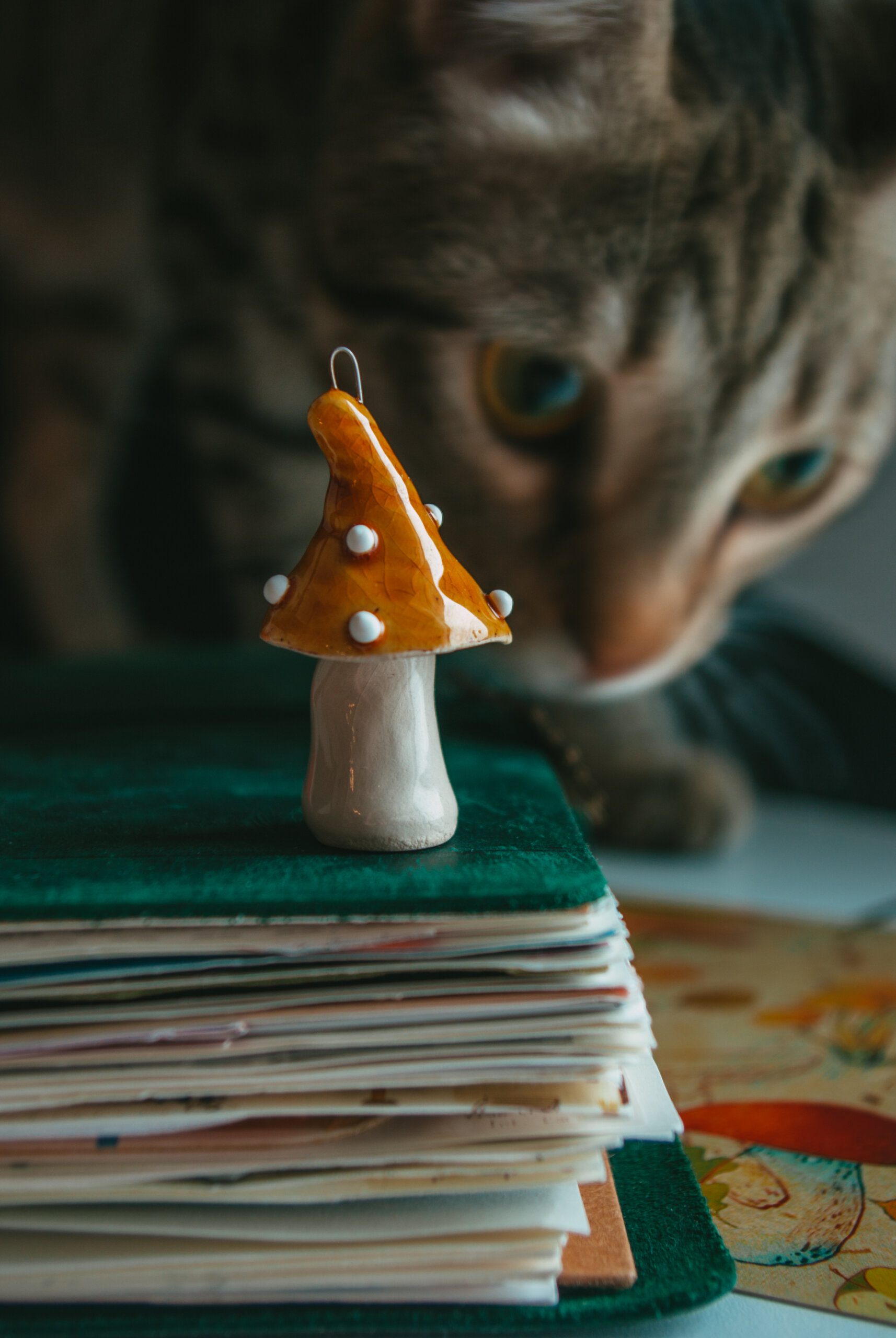If you’ve ever wondered where you can find a capybara as a pet, look no further! This article will guide you through the various options available for getting one of these adorable and unique creatures as a furry companion. From exotic pet stores to specialized breeders, we’ll explore the different avenues you can explore to fulfill your dream of having a capybara as a loving pet. So sit back, relax, and let’s embark on this exciting journey together!
Pet Capybara Facts

1.1 What is a Capybara?
Capybaras are adorable and unique animals that are the largest rodents in the world. Native to South America, they are known for their semi-aquatic lifestyle and their friendly and sociable nature. Capybaras have a stocky build, with short legs, a small head, and a long, round body covered in short, coarse hair. They have partially webbed feet, which make them excellent swimmers, enabling them to dive and stay submerged for several minutes.
1.2 General Characteristics of Capybaras
Capybaras possess a variety of interesting characteristics that make them intriguing pets. They are highly social creatures and thrive in groups, which is why they are often referred to as “water hogs” since they are frequently found near bodies of water. Capybaras are herbivores, feeding on grasses, aquatic vegetation, and even fruits.
With their friendly demeanor, capybaras are known to coexist peacefully with other animals, including dogs, cats, and even birds. However, it’s important to note that they require ample space to roam and access to water for swimming, as it is an essential part of their natural behavior.
1.3 Why Do People Want Capybaras as Pets?
The appeal of having a capybara as a pet is undoubtedly their friendly and affectionate nature. These gentle giants have a reputation for forming close bonds with their human companions and are often described as being very similar to dogs in terms of their loyalty and social behavior. Additionally, capybaras are highly intelligent and can be trained to follow basic commands.
Moreover, capybaras can provide a unique and interactive experience for pet owners, as they enjoy being petted and cuddled. Their calm and docile disposition, combined with their adorable appearance, make them a popular choice for individuals seeking a different type of pet that can bring joy and companionship.
1.4 Considerations before Choosing a Capybara as a Pet
While capybaras may seem like the perfect pet for some, it’s crucial to consider a few important factors before making the decision to bring one into your home. Capybaras have specific care requirements that need to be met to ensure their well-being and happiness.
Firstly, capybaras are highly social animals and should not be kept alone. They thrive in groups and require the company of other capybaras or even other animals. Lack of social interaction can lead to depression and other behavioral problems.
Secondly, capybaras have specific habitat needs. They require access to a large outdoor space with access to water, as swimming is an essential part of their daily routine. Fence enclosure should be secure and capybara-proofed to prevent escapes and protect them from potential predators.
Lastly, it is essential to have access to a veterinarian experienced in treating exotic animals. Regular veterinary check-ups and vaccinations are necessary to maintain the capybara’s health and prevent any potential diseases.
2. Legalities and Regulations
2.1 Are Capybaras Legal to Own as Pets?
Before considering a capybara as a pet, it is important to understand the legality of owning one in your area. Laws concerning exotic pets can vary significantly from region to region and even within specific jurisdictions. While capybaras are legal to own as pets in some places, they may be prohibited or require permits in others.
2.2 Where are Capybaras Legal to Keep as Pets?
It is crucial to thoroughly research the laws and regulations in your area regarding the ownership of capybaras. Some countries, states, or cities may prohibit capybara ownership altogether. However, other places have specific requirements in place, such as obtaining permits or licenses, to ensure responsible ownership.
2.3 Licensing and Permits for Owning a Capybara
If capybaras are legal to own in your area, it is essential to familiarize yourself with the licensing and permit requirements. These regulations are typically put in place to ensure the welfare of the animals and ensure that potential owners meet specific criteria for their care. Contacting your local authorities or wildlife agencies will provide you with the necessary information and guidance on obtaining the proper permits for owning a capybara as a pet.
3. Capybara Adoption
3.1 Animal Shelters and Rescues
One option for finding a capybara as a pet is to consider adoption from animal shelters or rescues. While capybaras may not be as commonly available for adoption as dogs or cats, it is worth reaching out to local shelters or exotic animal rescues to inquire about any capybaras in need of a loving home. These organizations often work tirelessly to rescue and rehome exotic pets, including capybaras, and may have valuable resources and information to assist you in the adoption process.
3.2 Capybara Breeders
Another avenue for obtaining a pet capybara is through reputable capybara breeders. These breeders specialize in raising capybaras and can provide valuable guidance and support throughout the adoption process. It’s crucial to thoroughly research and choose a breeder who practices ethical breeding methods, prioritizing the health and well-being of their animals.

3.3 Capybara Adoption Process
Whether you choose to adopt from a shelter or work with a breeder, the adoption process for capybaras typically involves several steps. These steps may include filling out an adoption application, providing proof of suitable living conditions, references, and possibly completing a home visit. It is important to be patient during this process, as ensuring the right match between the capybara and its new owner is crucial for the animal’s well-being.
4. Online Classifieds and Pet Marketplaces
4.1 Websites for Pet Capybara Listings
Online classifieds and pet marketplaces can provide a convenient platform for finding pet capybaras. There are various websites specifically dedicated to connecting pet owners and potential buyers for exotic animals, including capybaras. Some popular options include exotic pet classifieds, specialized capybara forums, or online marketplaces that cater to the needs of exotic pet enthusiasts.
4.2 Considerations when Buying Online
While purchasing a capybara online can be convenient, it is essential to exercise caution and thoroughly research the seller or breeder before making any commitments. Ensure that the seller provides detailed information about the capybara’s health, temperament, and living conditions. Ask for references or testimonials from previous customers to gain insight into their experiences with the seller.
4.3 Ensuring Ethical Breeding Practices
When considering purchasing a capybara online, it is essential to prioritize ethical breeding practices. Responsible breeders prioritize the welfare of their animals and adhere to strict standards in terms of breeding, socialization, and care. Always inquire about the breeder’s practices, ask for proof of appropriate permits or licenses, and ensure that their facilities are clean and well-maintained.
5. Reputable Exotic Pet Dealers
5.1 Finding Exotic Pet Dealers
Reputable exotic pet dealers can be another resource for finding a pet capybara. These dealers specialize in exotic animals and have experience in the appropriate care and handling of these unique creatures. Researching and locating trusted exotic pet dealers in your area can provide a safe and reliable option for obtaining a capybara as a pet.
5.2 Evaluating Exotic Pet Dealers
When considering purchasing from an exotic pet dealer, it is vital to evaluate their reputation and credibility. Look for dealers with a long-standing presence and positive feedback from previous customers. Inquire about their sourcing methods, veterinary care practices, and the condition of the animals they offer. A reputable dealer will prioritize the well-being and health of their animals above all else.
5.3 Importance of Proper Documentation
When purchasing from an exotic pet dealer, ensure that you receive proper documentation for the capybara, such as a health certificate and any necessary permits or licenses. These documents are essential in demonstrating the legality and proper sourcing of your pet capybara. Always keep copies of these documents for your records.
6. Local Animal Auctions or Exotic Pet Shows
6.1 Locating Animal Auctions or Exotic Pet Shows
Local animal auctions or exotic pet shows can be an unconventional but potential source for obtaining a pet capybara. These events bring together a range of exotic animal enthusiasts and breeders, providing an opportunity to see and purchase capybaras directly from sellers. Researching local listings, checking with local agriculture departments, or contacting exotic pet clubs or organizations in your area can help you locate these events.
6.2 Exercising Caution while Purchasing from Auctions
Purchasing a capybara from an auction requires extra caution and research. Ensure that you thoroughly examine the animal’s health and behavior before making any buying decisions. Some capybaras at auctions may come with unknown backgrounds, may have been subjected to stressful conditions in the past, or may have underlying health issues. Take the time to observe and evaluate the animal’s condition before proceeding with a purchase.

6.3 Thoroughly Inspecting the Capybara
When purchasing a capybara from an auction or exotic pet show, it is crucial to thoroughly inspect the animal before finalizing the transaction. Look for signs of a healthy coat, clear eyes, and responsive behavior. If possible, ask the seller about the capybara’s history, diet, and any veterinary care received. Consider seeking the advice of a veterinarian familiar with capybaras to ensure you are making an informed decision.
7. Speak with Capybara Owners and Enthusiasts
7.1 Joining Capybara Communities and Forums
Connecting with capybara owners and enthusiasts through online communities and forums can provide valuable insights and advice. Joining these communities allows you to interact with experienced capybara owners, ask questions, and gather firsthand information about owning and caring for these unique pets. Capybara owners are often passionate about sharing their knowledge and experiences, making these communities an excellent resource.
7.2 Attending Exotic Pet Events and Meetups
Attending exotic pet events and meetups in your area can offer an opportunity to network with capybara owners and enthusiasts face-to-face. These events often feature educational workshops, exhibits, and gatherings focused on exotic pets, including capybaras. Engaging with like-minded individuals can provide invaluable advice, recommendations, and potential connections to reputable sources for acquiring a pet capybara.
7.3 Building Connections with Capybara Owners
Building connections with existing capybara owners can be crucial in your journey to find a pet capybara. These individuals can provide firsthand insights into capybara ownership, share reliable sources, and assist in evaluating potential sellers or adoption options. Reach out to local capybara owners, attend social gatherings, and establish relationships within the capybara community to benefit from their knowledge and support.
8. International Wildlife Rescues and Conservation Programs
8.1 CITES-Registered Organizations
International wildlife rescues and conservation programs registered under the Convention on International Trade in Endangered Species of Wild Fauna and Flora (CITES) can be a unique source for obtaining a pet capybara. These organizations often work towards the conservation and rehabilitation of wildlife, including endangered species like the capybara. However, it’s important to note that the availability of pet capybaras through these programs may be limited, and strict adoption criteria and fees may apply.
8.2 Wildlife Rescue and Rehabilitation Centers
Wildlife rescue and rehabilitation centers may sometimes have pet capybaras available for adoption. These centers provide rescue and care for injured, orphaned, or confiscated exotic animals, including capybaras. By adopting through these centers, you are not only providing a home for a capybara in need but also actively supporting their efforts in conserving wildlife and promoting animal welfare.
8.3 Experiencing the Challenges of Conservation Adoption
When considering adopting a capybara from a wildlife rescue or conservation program, it is essential to understand and accept the challenges that may arise in the adoption process. These organizations prioritize the welfare and conservation of the capybara species, which may involve strict adoption criteria, additional permits, higher fees, and extended waiting periods. Be prepared to undergo a thorough evaluation process, including home inspections and background checks, to ensure the suitability and commitment of potential adopters.
9. Unexpected Sources for Pet Capybaras
9.1 Zoos and Wildlife Sanctuaries
Zoos and wildlife sanctuaries sometimes have surplus capybaras that are looking for new homes. These organizations often have strict breeding programs and may occasionally offer capybaras for adoption. While this may not be a common route to find a pet capybara, reaching out to local zoos or wildlife sanctuaries to inquire about adoption opportunities can be worth exploring.
9.2 Exotic Pet Surrender Programs
Exotic pet surrender programs are designed to provide a safe and responsible means of rehoming pets that may no longer be suitable for their current owners. These programs primarily focus on finding new homes for exotic pets, including capybaras. Contacting local exotic animal rescues or wildlife agencies can help you connect with these programs and potentially find a pet capybara in need of adoption.
9.3 Animal Educational Programs
Some animal educational programs, such as wildlife education centers or mobile zoo exhibits, may offer the opportunity to adopt a capybara after their service as an educational animal has ended. These programs prioritize the welfare of their animals and actively seek suitable homes once the capybaras are no longer needed for educational purposes. Researching and reaching out to these programs can provide a unique option for finding a pet capybara while supporting their educational efforts.
10. Importation and Travel Considerations
10.1 Importing a Capybara
If you are unable to find a suitable pet capybara locally, importing one from another country may be an option. However, it is essential to thoroughly research and understand the legalities, documentation requirements, and potential challenges associated with international importation. Importing a capybara often involves compliance with international laws and regulations, such as CITES, as well as securing necessary permits and health certifications.
10.2 Transporting Capybaras Safely
When transporting a capybara, it is crucial to ensure their safety and well-being throughout the journey. Capybaras should be transported in a secure and spacious crate or carrier that allows them to move comfortably. Adequate ventilation, temperature control, and protection from external stressors should be provided. It is advisable to consult with experienced exotic animal transport services or veterinarians to ensure the safe transportation of your capybara.
10.3 Ensuring Proper Veterinary Health Checks
Before importing or transporting a capybara, it is essential to schedule a veterinary health check. This check-up ensures that the capybara is healthy, free from any diseases or parasites, and suitable for travel. Veterinarians experienced in exotic animals can provide insights into the specific health requirements and offer guidance on handling and preparing the capybara for transportation.
In conclusion, there are several avenues to consider when searching for a pet capybara. Understanding the legalities of owning a capybara in your area, exploring adoption options from animal shelters or breeders, connecting with capybara owners and enthusiasts, and even exploring unexpected sources like wildlife rescues or international programs can help you find the perfect capybara companion. Regardless of the method chosen, always prioritize the welfare of the capybara and ensure that you are providing a suitable and loving forever home for these amazing creatures.



